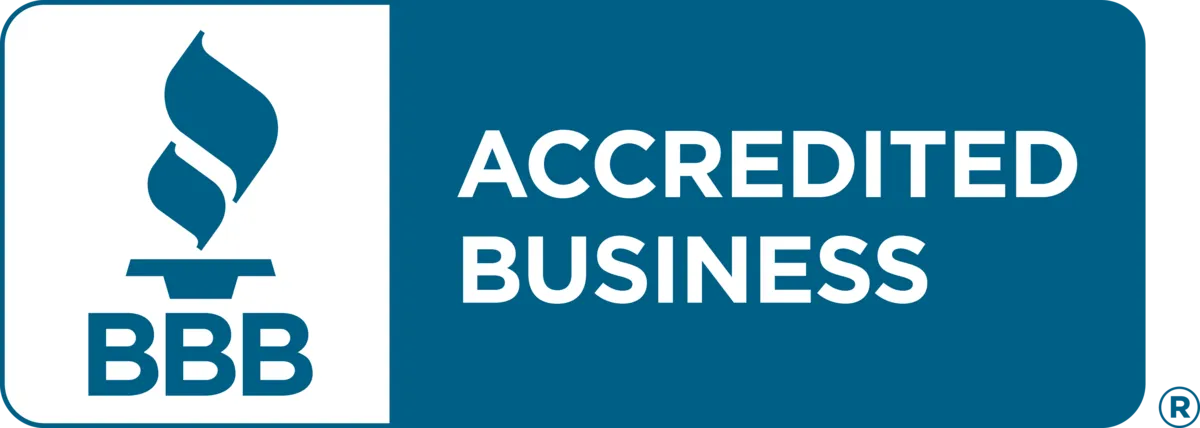
How to Handle Multiple Offers on Your Home
Receiving multiple offers on your home can be both exciting and overwhelming. At N27 Real Estate Solutions, we are investors who buy, renovate, and sell homes with the help of agents. Based on our extensive experience in real estate, we’ve compiled some strategies to help you manage multiple offers and secure the best deal for your property. Here’s how to handle multiple offers on your home in Minnesota.
1. Review All Offers Thoroughly
It’s essential to review each offer carefully, considering both the price and the terms. Some offers may include contingencies or special conditions that can impact the overall attractiveness of the offer.
Tips for Reviewing Offers:
Compare Prices: Look at the offered prices and consider how they compare to your asking price.
Evaluate Terms: Assess the terms of each offer, including contingencies, closing timelines, and financing details.
Consider Buyer’s Qualifications: Determine the financial strength and reliability of each buyer.
2. Consult with Your Real Estate Agent
An experienced real estate agent can provide valuable insights and guidance when managing multiple offers. They can help you evaluate the offers and negotiate the best terms.
How Your Agent Can Help:
Provide a Comparative Market Analysis (CMA): Understand how the offers compare to recent sales in your area.
Offer Professional Advice: Get recommendations based on their experience and market knowledge.
Assist with Negotiations: Your agent can handle negotiations to ensure you get the best possible deal.
3. Consider the Entire Offer, Not Just the Price
While a high offer price is attractive, it’s important to consider other aspects of the offer. Contingencies, closing costs, and the buyer’s financing can all impact the final outcome.
Factors to Consider:
Contingencies: Offers with fewer contingencies are often more attractive as they have a higher likelihood of closing.
Closing Timeline: Consider the buyer’s proposed closing date and whether it aligns with your timeline.
Financing: Cash offers or buyers with pre-approved financing may present less risk than those requiring loan approval.
4. Negotiate for the Best Terms
Don’t be afraid to negotiate with buyers to achieve better terms. You can ask for a higher price, request fewer contingencies, or adjust the closing timeline to better suit your needs.
Tips for Successful Negotiation:
Be Clear About Your Priorities: Communicate what’s most important to you, whether it’s the price, closing date, or contingencies.
Remain Professional: Keep negotiations respectful and professional to maintain a positive relationship with potential buyers.
Be Willing to Compromise: While it’s important to advocate for your needs, be open to reasonable compromises to reach an agreement.
5. Create a Counteroffer Strategy
If you receive multiple offers, you can create a counteroffer strategy to negotiate better terms with one or more buyers. Decide how you want to handle counteroffers and whether you want to ask for the same terms from all buyers or tailor your counteroffers to each one.
Steps to Create a Counteroffer Strategy:
Assess Each Offer: Determine which offers have the most potential and prioritize them.
Draft Counteroffers: Work with your agent to draft counteroffers that address your priorities.
Communicate Clearly: Clearly communicate your counteroffer terms and timeline to each buyer.
6. Leverage the Multiple Offer Situation
Having multiple offers puts you in a strong negotiating position. Use this leverage to your advantage by informing buyers of the competitive situation. This can encourage them to present their best offers.
How to Leverage Multiple Offers:
Inform Buyers: Let buyers know that you have received multiple offers and invite them to submit their best and final offer.
Set a Deadline: Establish a deadline for buyers to submit their revised offers to create a sense of urgency.
Maintain Transparency: Be transparent with buyers about the process to maintain trust and encourage strong offers.
7. Evaluate Escalation Clauses
Some buyers may include escalation clauses in their offers, which automatically increase their offer if a higher bid is received. Evaluate these clauses carefully to understand their impact on the overall offer.
How to Handle Escalation Clauses:
Understand the Terms: Review the terms of the escalation clause, including the maximum price the buyer is willing to pay.
Compare Offers: Consider how the escalation clause affects the buyer’s offer compared to others.
Communicate with Your Agent: Work with your agent to determine the best approach for handling escalation clauses.
8. Make a Decision
After reviewing and negotiating the offers, it’s time to make a decision. Choose the offer that best meets your needs and provides the most favorable terms.
Steps to Make a Decision:
Review All Information: Go over all the details of each offer with your agent.
Consider Long-Term Implications: Think about the long-term implications of accepting each offer.
Trust Your Instincts: Trust your instincts and make a decision that feels right for you.
Final Thoughts
Handling multiple offers can be challenging, but with the right strategies, you can secure the best deal for your home. By thoroughly reviewing offers, consulting with your real estate agent, considering all aspects of the offers, negotiating effectively, and leveraging the competitive situation, you can navigate the process successfully. If you need assistance or have any questions about selling your home, contact N27 Real Estate Solutions. We are here to share our knowledge and experience to help you through every step of the process.




